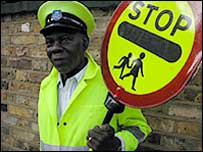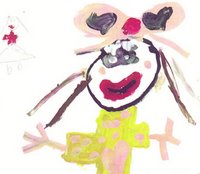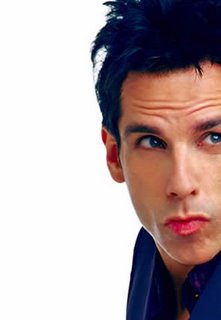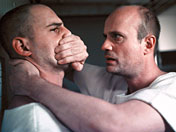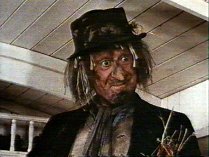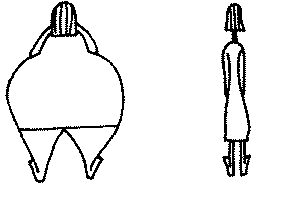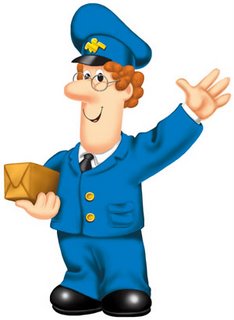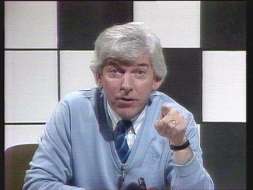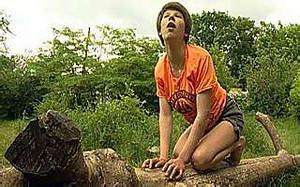Richey Nash gets heated while watching a programme about freezing human corpses
I watched Death In The Deep Freeze (Channel 5, 9pm) – the last in the Stranger Than Fiction series – with a little angst. You see, I don’t believe real life is stranger than fiction. Real life is only stranger than fiction if you’ve got no imagination. And that means any show dubbed ‘stranger than fiction’ is us
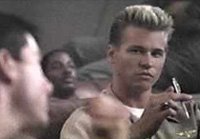 ually a synonym for ‘boring’.
ually a synonym for ‘boring’.But this documentary wasn’t boring: it was infuriating or, at least, the subject matter was. It was about cryonics, the process of freezing a dead human body to resurrect it at a later date. Okay, my main problem with cryonics is this: if you’re the sort of idiot who wants to be frozen in the vain hope you’ll be brought back to life later, you’re the sort of idiot who doesn’t deserve to be brought back to life later.
Still, we might not have to worry about being overrun by a plague of deluded Americans in the year 2087 because the narrator tells us: “Current revival strategies are believed to be no more than a shot in the dark.” Brilliant.
The narrator also says the obstacles in the way of developing a system of reanimating frozen bodies could be ‘insurmountable’. Pretty conclusive. But that doesn’t bother an American millionaire called Terry who sounds like a cryonics salesman: “Wouldn’t you pay for a glimpse of the future for the cost of a monthly electricity bill?”
Sorry Terry but for me it’s a big fat ‘No’. I’m not going to hand over my cash to conmen based on the hypothetical possibility I might see the future. I'm not at all persuaded by the science that I would see the future and, chances are, even if I did see the future I’d be disappointed.
And there’s another thing, Terry: if there's a power cut and I start to thaw, I don’t want my decaying corpse tossed in a bin bag like the bit of frozen chicken you lose when your fridge freezer busts. I’d rather be buried. Or cremated. Or chucked off the back of a cross-Channel ferry into an oil slick and washed up onto a beach in Portsmouth where the stones have been replaced by globules of Noel Edmonds’ spunk. That's just my preference.
But it’s not just that I don’t trust the idea of cryonics. It’s the fact the documentary tells us most of the staff the ‘leaders of cryonic technology’ Alcor – based in Arizona – have 'little or no medical experience'. Judging by the dead look behind their eyes they can barely muster the energy to work their own brains and bodies, let alone reanimate somebody else’s. And even if they had the training, scientists can barely bring back a healthy animal kidney, let alone a whole human being that's already declared legally dead.
The programme makers didn't swallow the propaganda, though, and left viewers in little doubt that they considered the process exploitative. The programme made it clear its believed that cryonics exploits the deluded fools who pay money for a one in a billion chance that they can come back to life in the future (possibly as an Iceman - pictured). And it also argued that cryonics exploits their grieving relatives, because it makes the grieving relatives feel better that their loved one could come back to life, without giving any solid scientific evidence.
Still, nobody mentioned the hidden punchline in this whole process: even if the loved one is brought back to life, by the time technology gives us that power - decades into the future - the grieving relatives will be dead anyway. Good punchline, innit?
So I started watching the programme with angst, and ended with anger. Well, it’s more energy than a Channel 5 documentary can usually stir up. Now I need to cool down. Just not too much.
